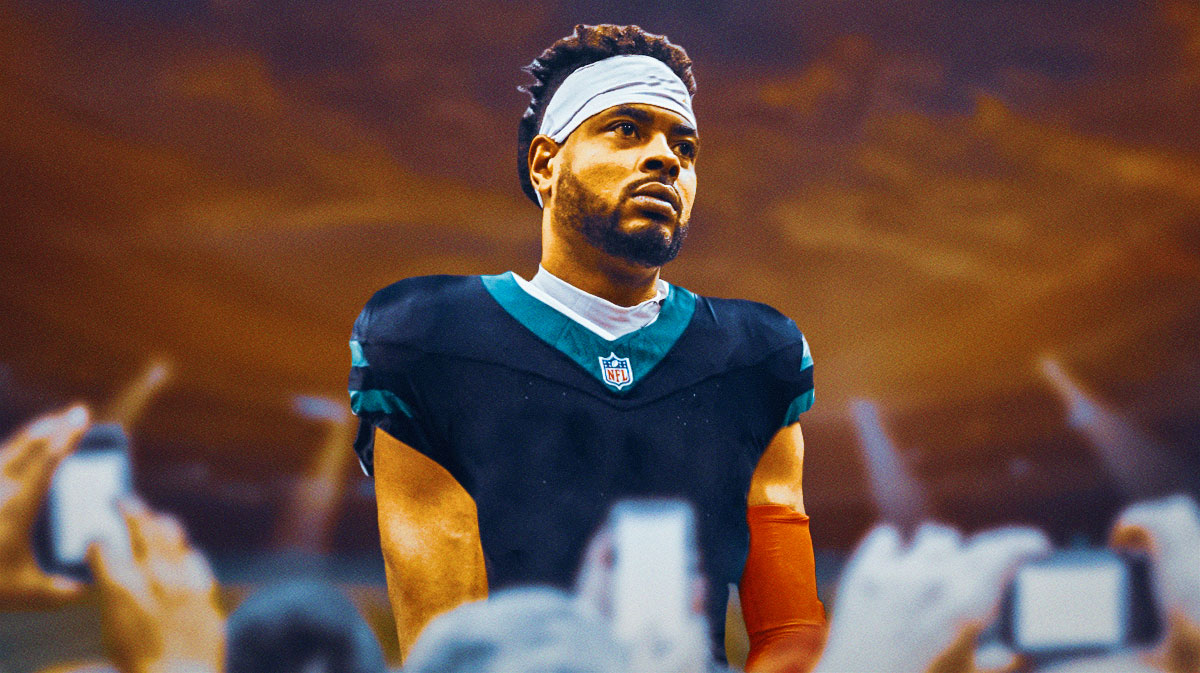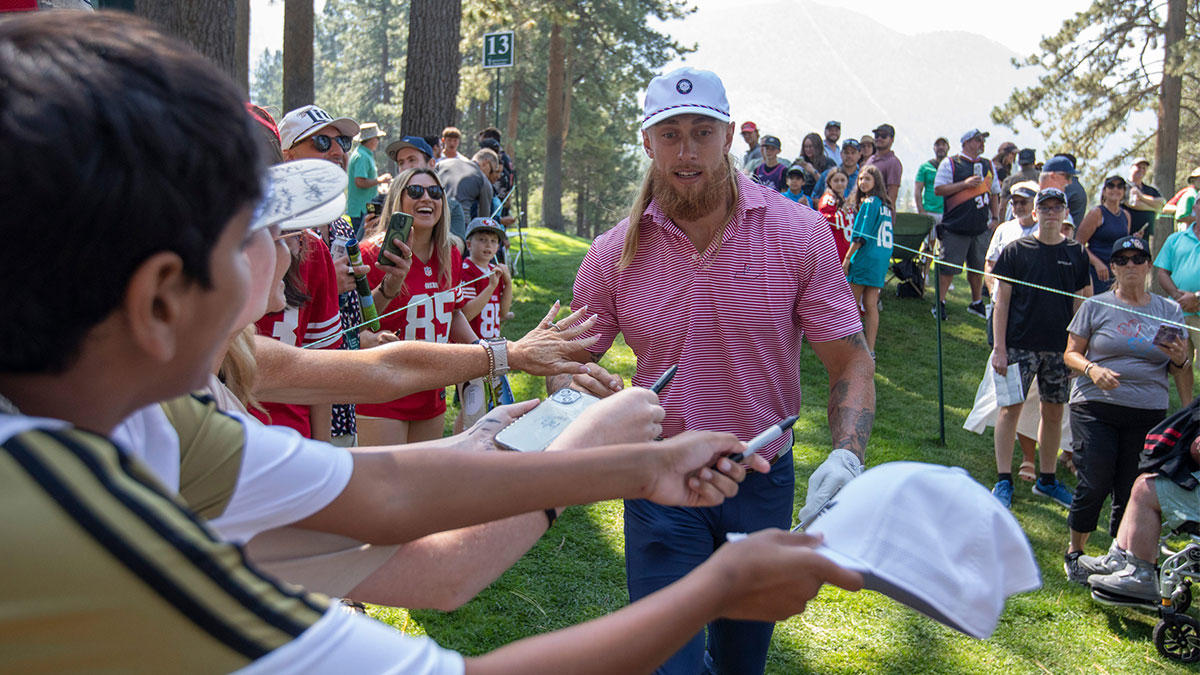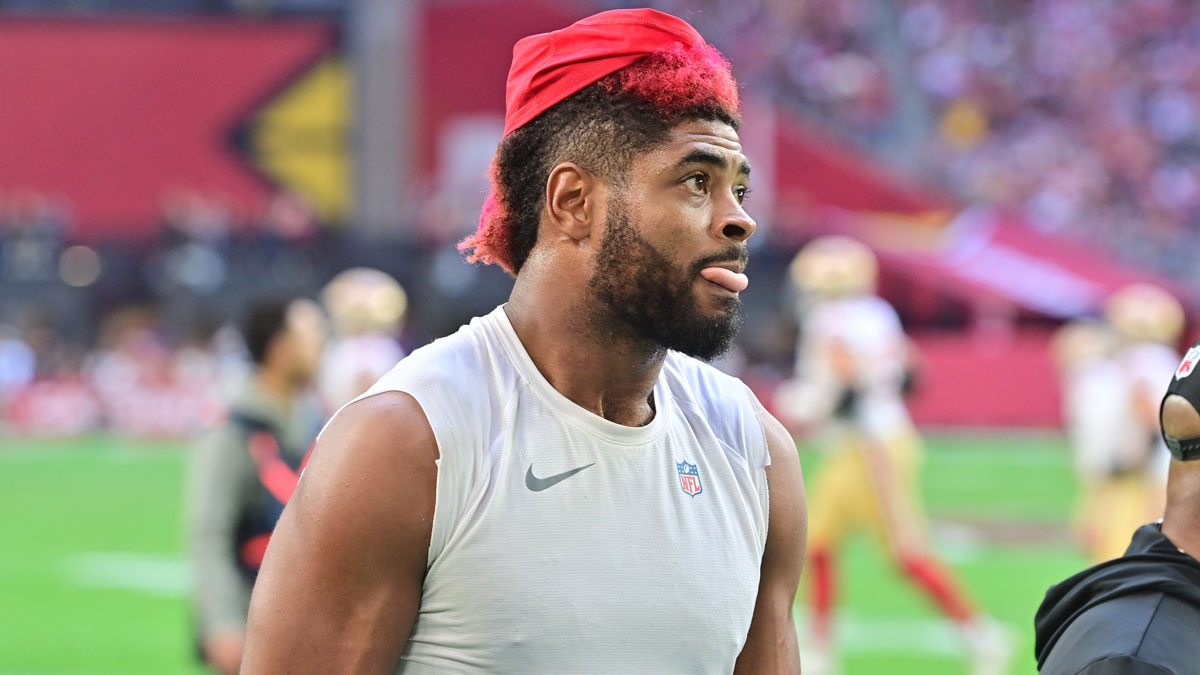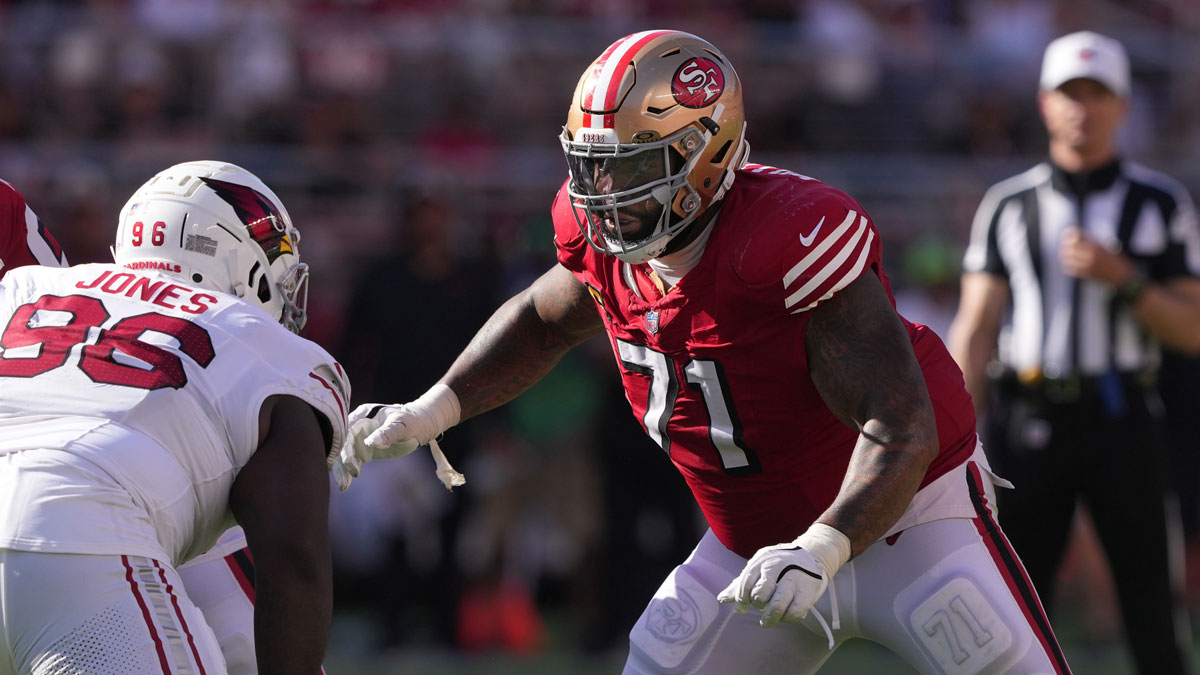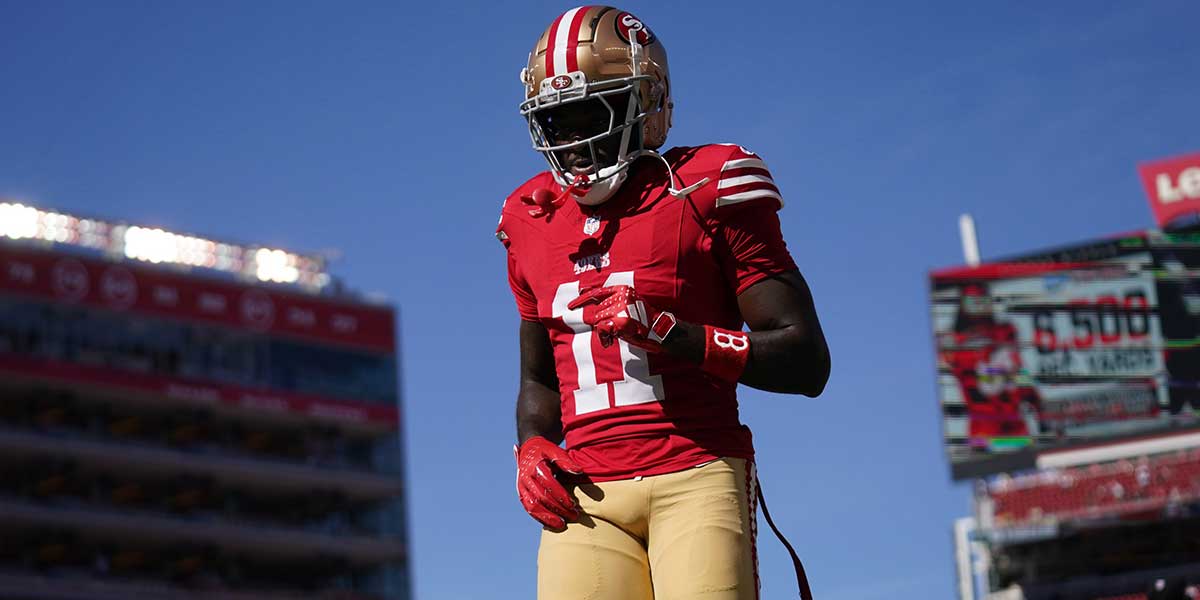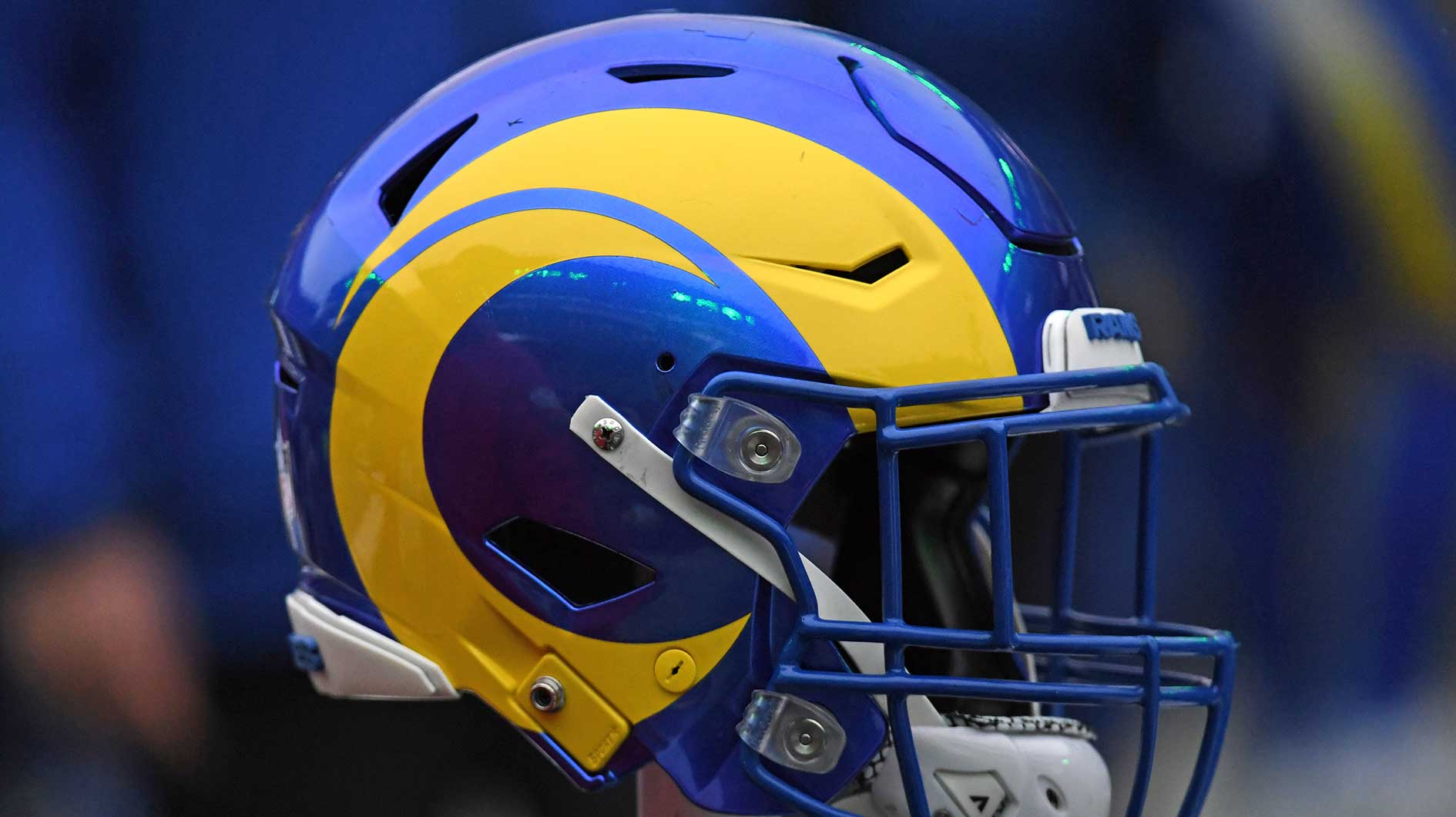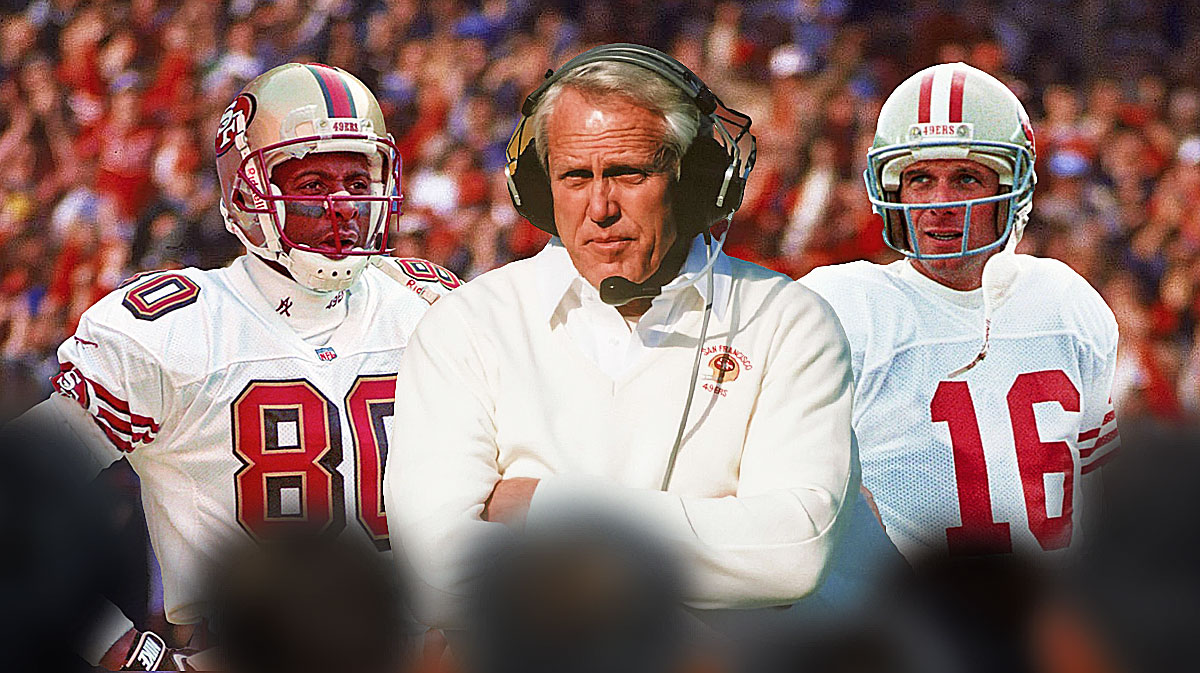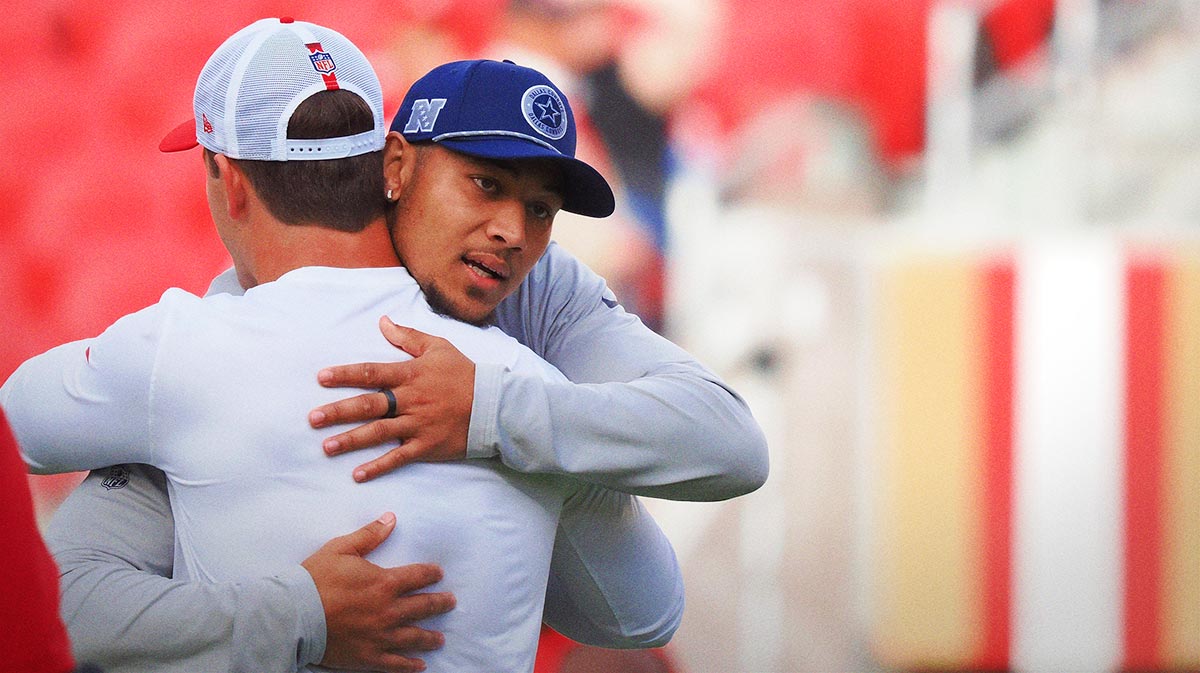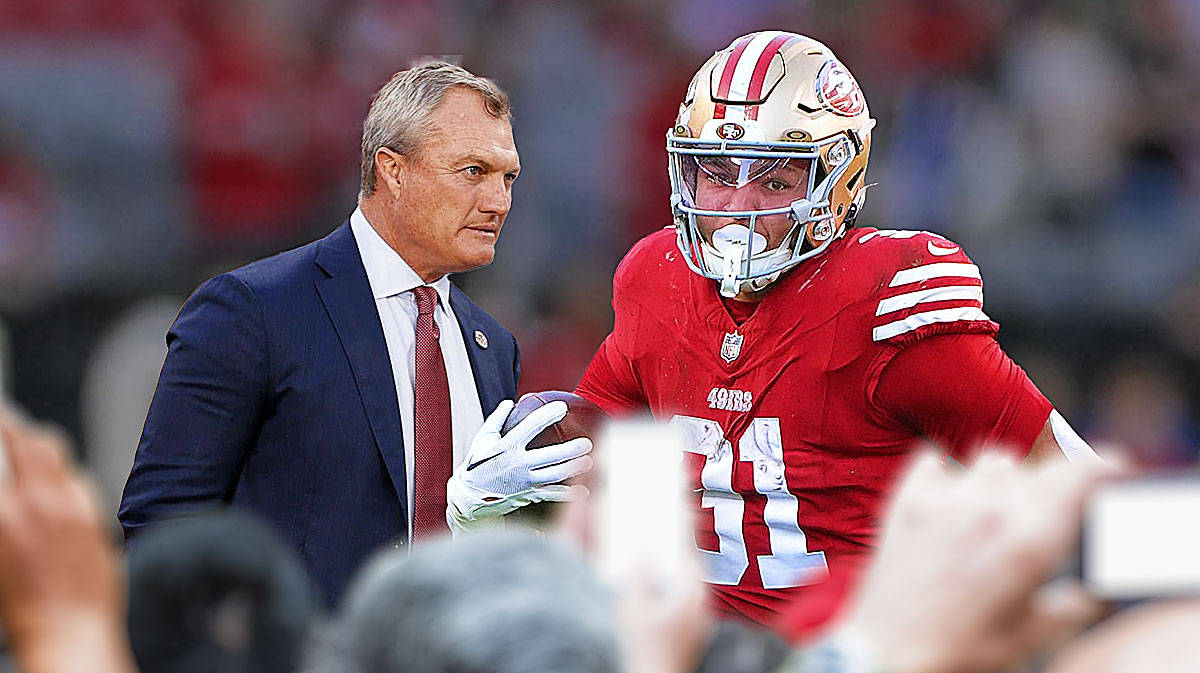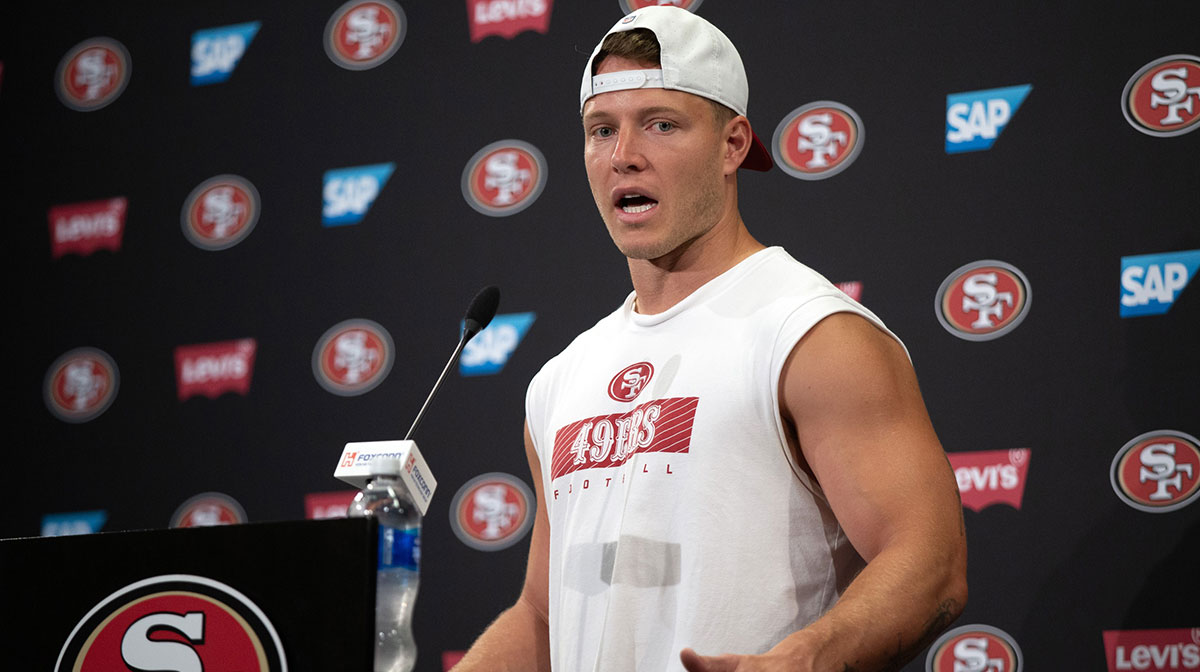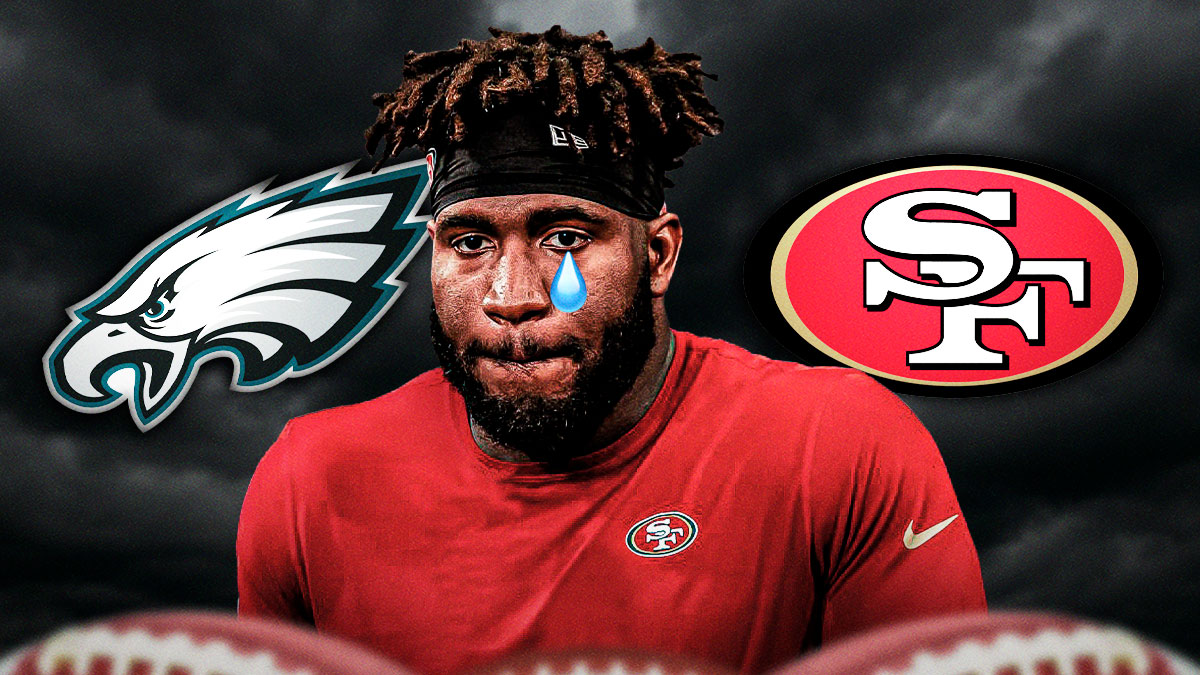The San Francisco 49ers made a big move on Thursday when they locked up superstar tight end George Kittle to a long-term extension.
San Francisco and Kittle agreed to terms on a five-year contract extension worth $75 million (making him the highest-paid tight end ever).
This keeps him with the 49ers through 2025. And that's exciting news for San Francisco. Kittle has quickly established himself as one of the best tight ends in football. He is a true game-changer and someone that can help them be successful for a long time.
What does this do to the tight end market, though? Whenever you see a mega-deal like this, you have to wonder how it will impact any future deals for other players at the same position.
While Kittle is one of the best tight ends in football, there are quite a few great players at the spot. So more big deals could be in the future.
In fact, another one was completed hours after Kittle's: Travis Kelce and the Kansas City Chiefs agreed to a four-year extension, according to Jeremy Fowler of ESPN.
That already knocks off one of the bigger deals, but what about other tight ends? Could Mark Andrews be in line for a deal soon? Or Darren Waller Rob Gronkowski is back in the NFL, and tight ends such as Evan Engram and T.J. Hockenson are waiting to blossom and could turn into the next big stars.
So could their potential future deals be changed by Kittle's?
It's always hard to tell in these scenarios, because people are always re-setting the market. The “norm” for a contract at any position changes with new deals, though. So the simple answer is, yes. Kittle's contract extension will impact other deals in the future.
When looking for a new deal, a player will point to what other players are making. Someone is making this much and they feel they are better than that player, so they want more.
In the same vein though, a team can use this to their advantage as well. They can point to a player and say “well he is making this much and he's an All Pro.” Then they use that as a reason to pay their player less.
Contract negotiations can get tricky. So anything a side can use to their advantage, will be used. In this case, Kittle's deal helps tight ends because he set a nice standard for how much they can make.
However, he is also considered in the “elite” tier at his position. So it's hard to see many tight ends right now breaking the bank bigger than he did.
The good news is, George Kittle has now set a new standard for how much a tight end could make. Whenever the bar is raised like that, it helps out everyone.
Now a player like Andrews can point to Kittle's deal and say he wants money in that area. Will he get paid as much? Probably not. But the money will be closer to it than he would have gotten prior to the Kittle deal.
And that creates a ripple effect. Now players under Andrews can point to his deal and ask for money closer to that.
As we go down the ladder, the money gets smaller. It is still higher than it was in the past.
Few players will be able to compete with the money Kittle is getting. Especially now that Kelce is signed. But Kittle's deal is still helping other tight ends make more money. So they should all be happy.

